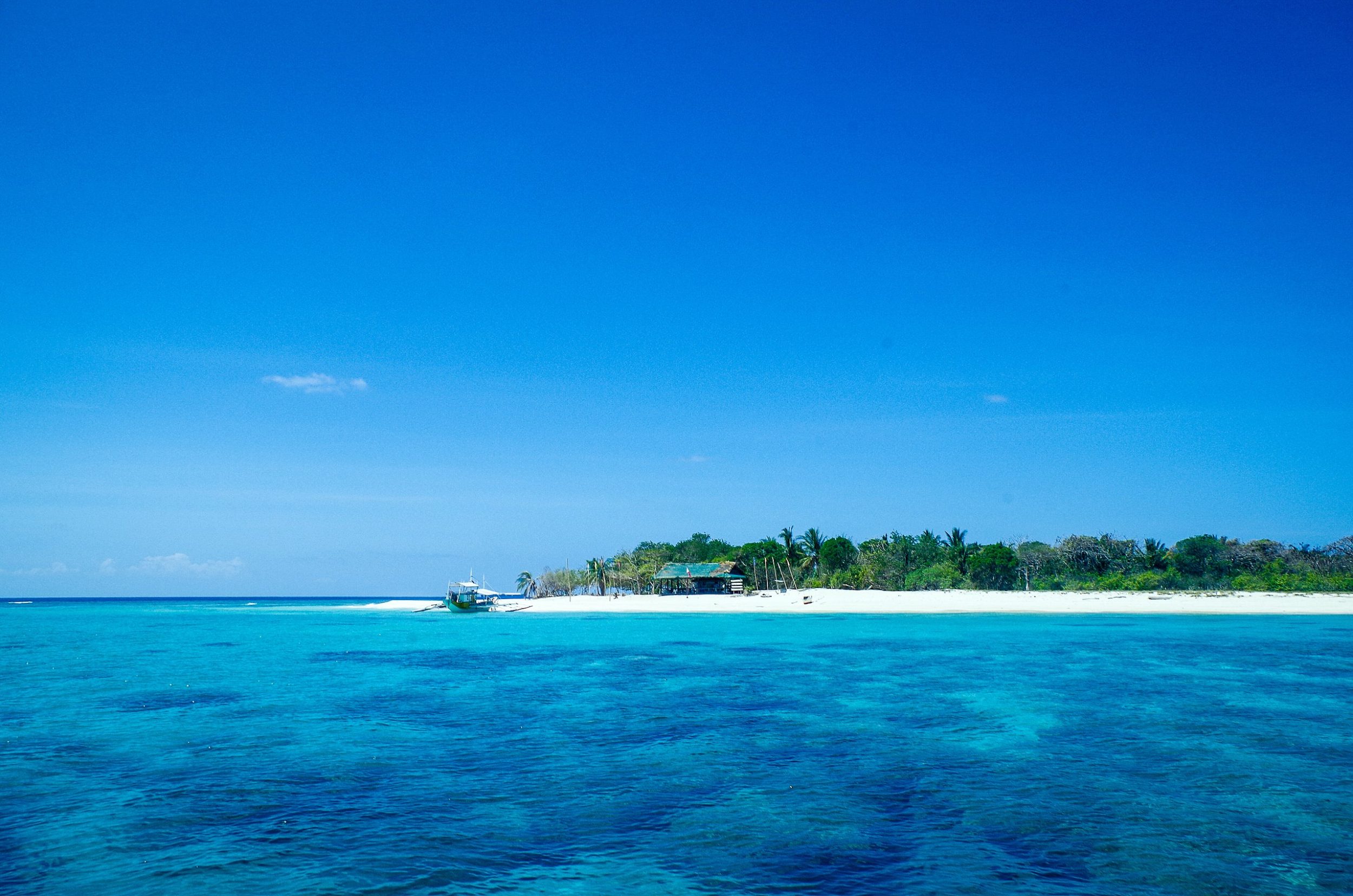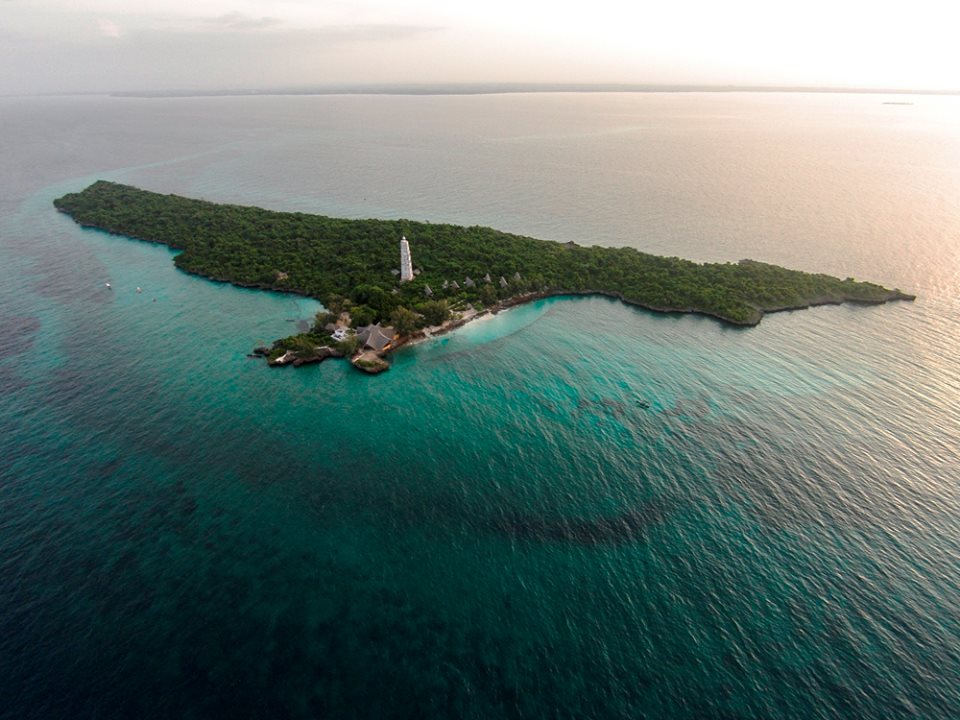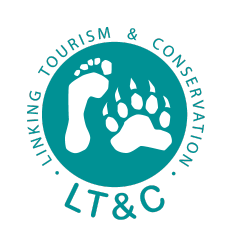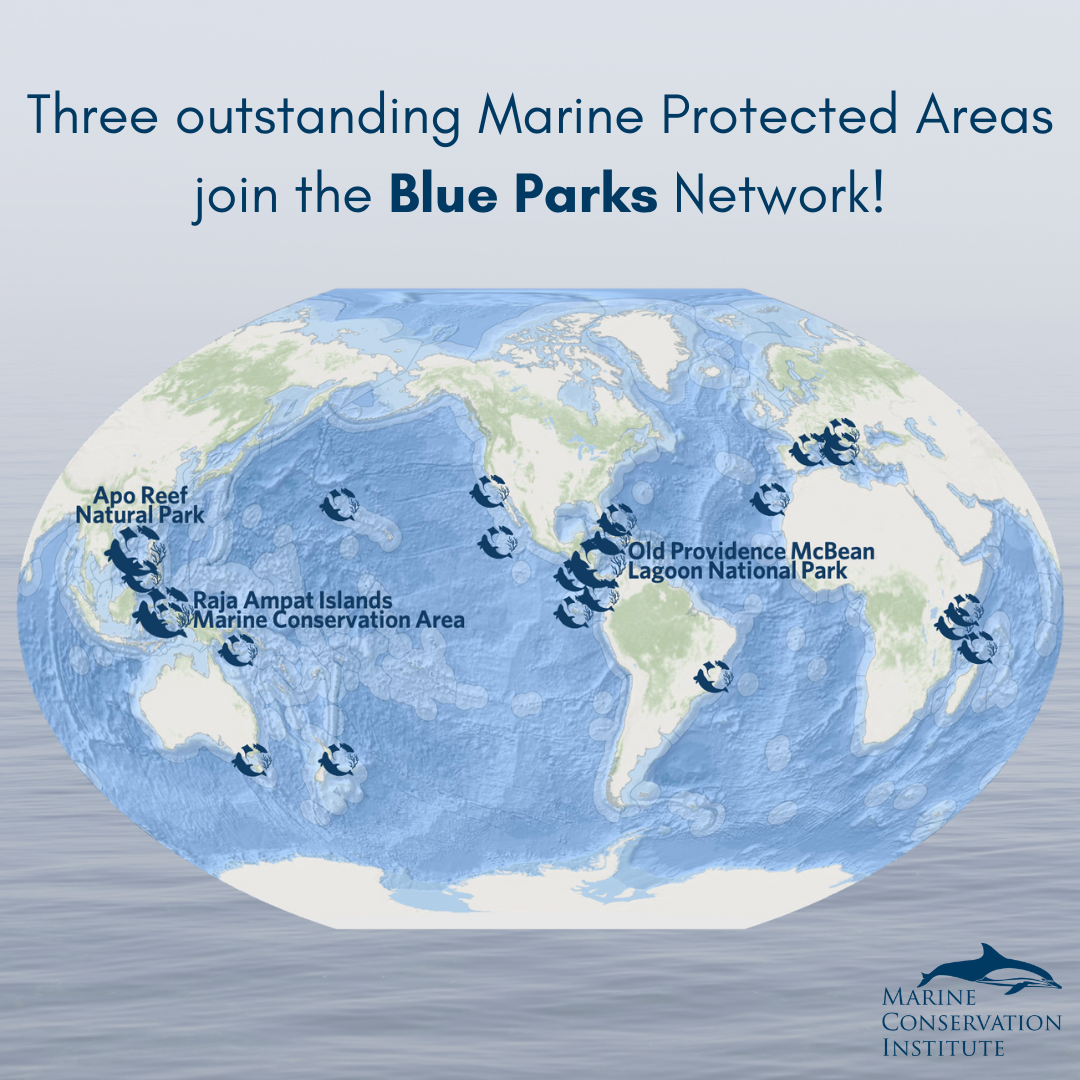by Emma Meehan
The Marine Conservation Institute announced the winners of its 2022 Blue Park Awards at the UN Ocean Conference in Lisbon, Portugal, on 1 July. The awards recognise exemplary marine protected areas (MPAs).
This year’s Blue Park award winners are:
Apo Reef Natural Park, Philippines. Located in the Coral Triangle, the park protects a 34 km2 coral atoll – the world’s second-largest contiguous coral reef.
Raja Ampat Islands Marine Conservation Area, Indonesia. A network of seven MPAs in the Coral Triangle where tourism entrance fees go towards conservation and management funds and support local villages.
Old Providence McBean Lagoon National Park, Colombia. The park was created in cooperation with the local indigenous community and protects coral reefs, mangroves, and seagrasses.
All the award winners are examples of successful conservation and community collaboration.
A conservation success story
Apo Reef Natural Park is the second largest no-take zone in the Philippines and a key part of the country’s MPA network. The park provides a sanctuary for many endangered and overfished species, and the reef’s three islands are a breeding ground for sea turtles.
The park generates revenue from user fees and has eco-friendly tourism activities.
Apo Reef is a conservation success story. Destructive fishing practices used in the past had caused coral reefs to die off and fish populations to decline. To turn this around, island families and local fishers supported the reef becoming an MPA.
Since then, marine life has flourished, and the reef is a top spot for underwater diving.

LT&C-Examples that have received Blue Park awards
In previous years, Blue Park awards were received by LT&C-Examples including:
Chumbe Island Coral Reef Sanctuary, Zanzibar
Area Marina Protetta di Torre Guaceto, Italy
Misool Private Marine Reserve, Raja Ampat Islands, Indonesia.
Launched in 2017 by the Marine Conservation Institute, an LT&C Partner, Blue Park awards are given to MPAs that achieve high conservation standards.
An international group of marine scientists, the Blue Parks Science Council, selects the annual award winners using science-based criteria.
As well as commending marine protection best practices, the awards celebrate the individual people, local communities, governments, and organisations who work hard to support the parks.

Blue Parks support the 30×30 goal
A network of 24 Blue Parks spans just under 2 million km2 of the ocean across 20 countries. They provide a refuge for marine life and safeguard biodiversity.
We invite all Blue Parks with eco-tourism activities to become LT&C-Examples. As marine safe havens, they support our shared goal of protecting 30% of the ocean by 2030.



